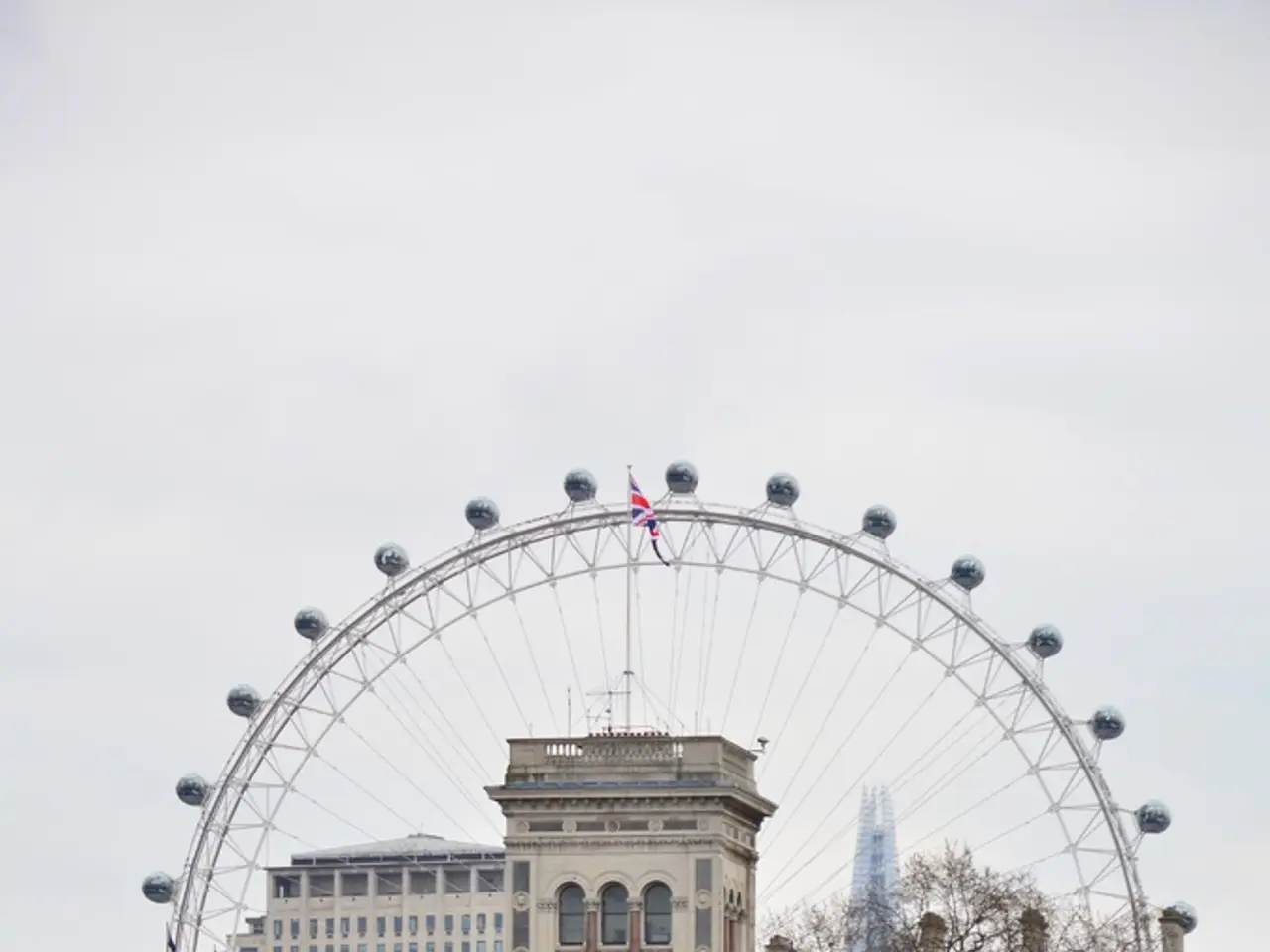Europeans with British nationality are the least likely to invest their savings and have an unused £1.8 trillion in savings accounts.
In a significant revelation, the Centre for Policy Studies (CPS) has highlighted that low participation in stock market investing among less affluent households is contributing to a substantial increase in wealth inequality. According to CPS analysis of HMRC data, around 90% and 80% of the least wealthy and middle-class families respectively opt to open cash Individual Savings Accounts (ISAs) instead of vehicles that invest in equities.
This trend is concerning, as the goal is to get the public back into public markets and make equities an attractive option again as part of a long-term investment plan. Alasdair Haynes, the chief of the stock exchange Aquis, echoes this sentiment, emphasising the need to make equity investing simple and accessible.
The CPS proposes several measures to encourage retail investment. One such proposal is requiring a proportion of shares made available in new listings to be offered to retail traders. Another suggestion is merging cash and stocks and shares ISAs into a single product. A taxpayer-backed fund similar to a FTSE 100-tracker vehicle is also proposed to boost retail investment.
City minister Andrew Griffith and M&S chair Archie Norman are among those advocating for Brits to invest in the stock market. They argue that more retail investment gives people a stake in the society and economy they are part of. The CPS further emphasises that this could provide people with the opportunity to vote on corporate pay, environmental issues, and governance.
The current landscape of savings accounts presents a challenge. The average rate offered by high street banks for savings accounts is around two percent. With scorching inflation, currently running at 8.7%, savings are being eroded, a situation that the CPS deems "positively disastrous" and should prompt an overhaul of the retail investor regime.
Comparatively, French retail investors hold a 28% stake in all their country's assets, while Germans own more than a third. Spanish investors hold 84% of their country's assets. In contrast, UK retail investors own just 21p of every £1 of stocks and bonds and other assets, the lowest proportion in Europe.
It's not just about the numbers. Though cash ISAs come with a lower risk of dropping in value, they tend to extract lower returns. About 50% of richer investors open stocks and shares ISAs. This disparity in investment behaviour could be bridged by making equity investing simpler and more accessible.
Aquis stock exchange aims to reconfigure UK markets to meet the needs of today and tomorrow's investors. They suggest providing all investors with all the information they need to make informed decisions at their fingertips. The CPS also draws lessons from successful frameworks such as Sweden’s capital market system, which promotes broad-based retail participation through coherent regulation, simple tax systems, pension models mobilizing long-term capital, and continuous financial education.
However, specific public funds or institutions proposed by the Centre itself to increase retail involvement in the largest British companies are not explicitly detailed in the sources available. Regardless, the call to action is clear: it's time to empower the public to invest in the stock market and take a more active role in shaping the economy they are part of.
Read also:
- Potential Consequences of Dismantling FEMA Vary Across States
- Railway line in Bavaria threatened by unstable slope - extensive construction site at risk
- Wind Farm Controversy on the Boundary of Laois and Kilkenny
- Puerto Rico's Climate Lawfare Campaign experiences another setback with the dismissal of its deals.




